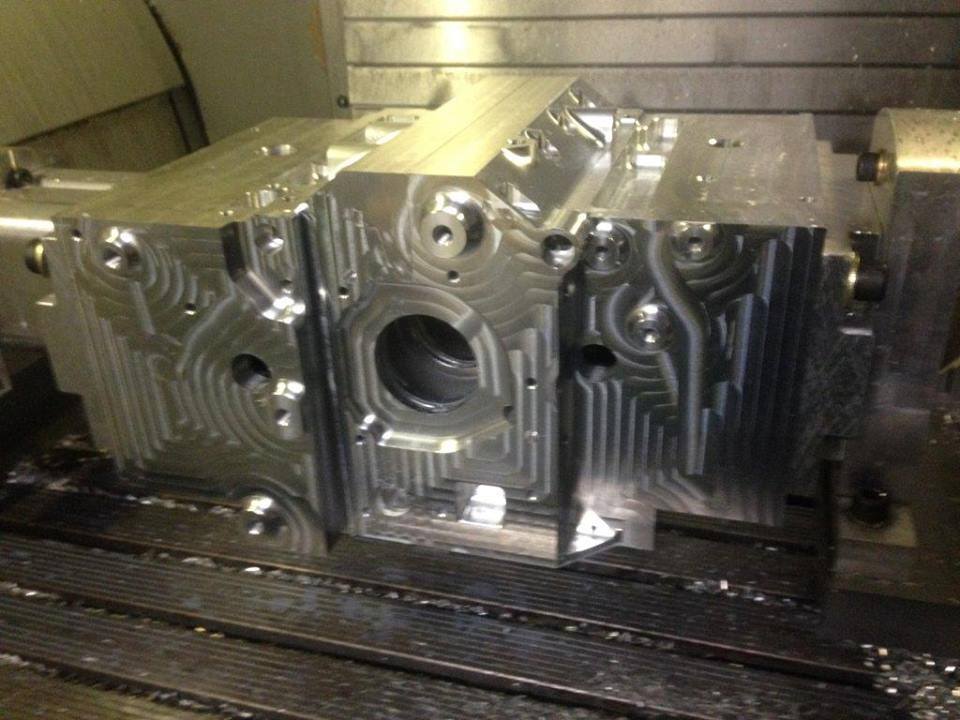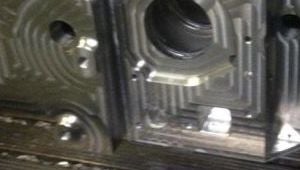 "YSI-what can brown do for you" (ysi-what-can-brown-do-for-you)
"YSI-what can brown do for you" (ysi-what-can-brown-do-for-you)
07/16/2014 at 11:25 • Filed to: None
 0
0
 11
11
 "YSI-what can brown do for you" (ysi-what-can-brown-do-for-you)
"YSI-what can brown do for you" (ysi-what-can-brown-do-for-you)
07/16/2014 at 11:25 • Filed to: None |  0 0
|  11 11 |

A LOT.
 vdub_nut: scooter snob
> YSI-what can brown do for you
vdub_nut: scooter snob
> YSI-what can brown do for you
07/16/2014 at 11:29 |
|
I'd say around a mill....
 cazzyodo
> vdub_nut: scooter snob
cazzyodo
> vdub_nut: scooter snob
07/16/2014 at 11:30 |
|

 YSI-what can brown do for you
> vdub_nut: scooter snob
YSI-what can brown do for you
> vdub_nut: scooter snob
07/16/2014 at 11:32 |
|
Heh, Hehehe, Hehehehehehe
 Übel
> vdub_nut: scooter snob
Übel
> vdub_nut: scooter snob
07/16/2014 at 11:33 |
|
What a lathey guess
 MontegoMan562 is a Capri RS Owner
> cazzyodo
MontegoMan562 is a Capri RS Owner
> cazzyodo
07/16/2014 at 11:34 |
|
came here to post this guy
 cazzyodo
> MontegoMan562 is a Capri RS Owner
cazzyodo
> MontegoMan562 is a Capri RS Owner
07/16/2014 at 11:41 |
|
My buddy made a bad pun last night and we both imitated this husky afterwards.
It was so bad it was good.
 MontegoMan562 is a Capri RS Owner
> cazzyodo
MontegoMan562 is a Capri RS Owner
> cazzyodo
07/16/2014 at 11:49 |
|
I did it the other night and my wife was laughing her ass off. She thought the "bad joke husky face" was more entertaining than the pun haha
 GhostZ
> YSI-what can brown do for you
GhostZ
> YSI-what can brown do for you
07/16/2014 at 11:52 |
|

Are there substantial strength / weight gains for cutting vs casting or forging? I know nothing about metalwork.
 cazzyodo
> MontegoMan562 is a Capri RS Owner
cazzyodo
> MontegoMan562 is a Capri RS Owner
07/16/2014 at 12:06 |
|

 TJDMAX
> GhostZ
TJDMAX
> GhostZ
07/16/2014 at 12:07 |
|
The strength answer is one thats a bit detailed. You can't have the same material for a casting, forging and billet. Let me rephrase. A material that has good castability won't be as strong as a material that has good forgability. So yes forging adds grain flow and is considered stronger than a cast part but thats mostly because of the material used for the forging is inherently stronger to begin with than the material for a casting.
With a billet because you aren't forming the material you can pick as strong of a material as you would like. So you can choose to pick a material stronger than the forging material and you would end up with a stronger part. On the flip side you can machine a much weaker material as your billet so could end up with a part that is weaker than a cast part. It just comes down to material. All steels are not created equal, same with aluminums etc.
 TJDMAX
> YSI-what can brown do for you
TJDMAX
> YSI-what can brown do for you
07/16/2014 at 12:12 |
|
In all seriousness, i would bet the block itself would be around 20 grand. Assuming that you go to a shop that does this "regularly" instead of a job shop or something.